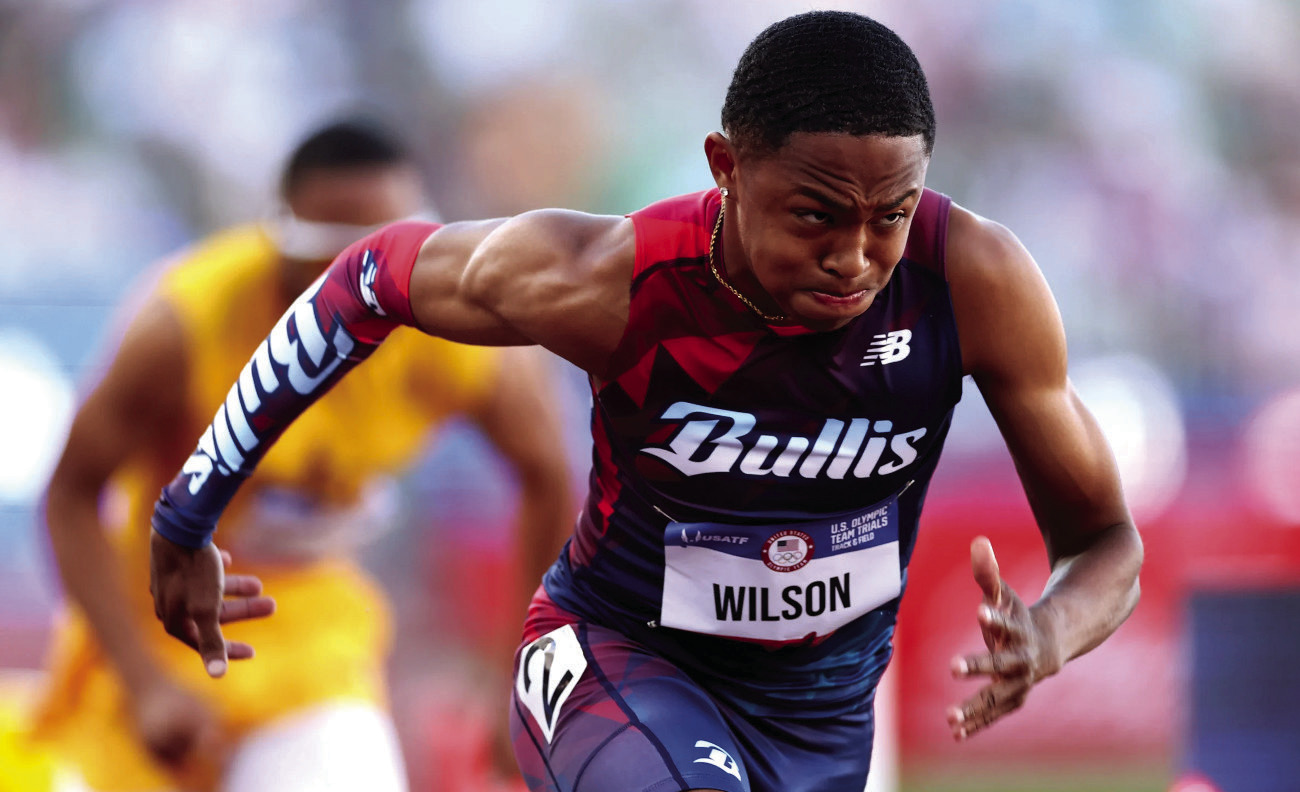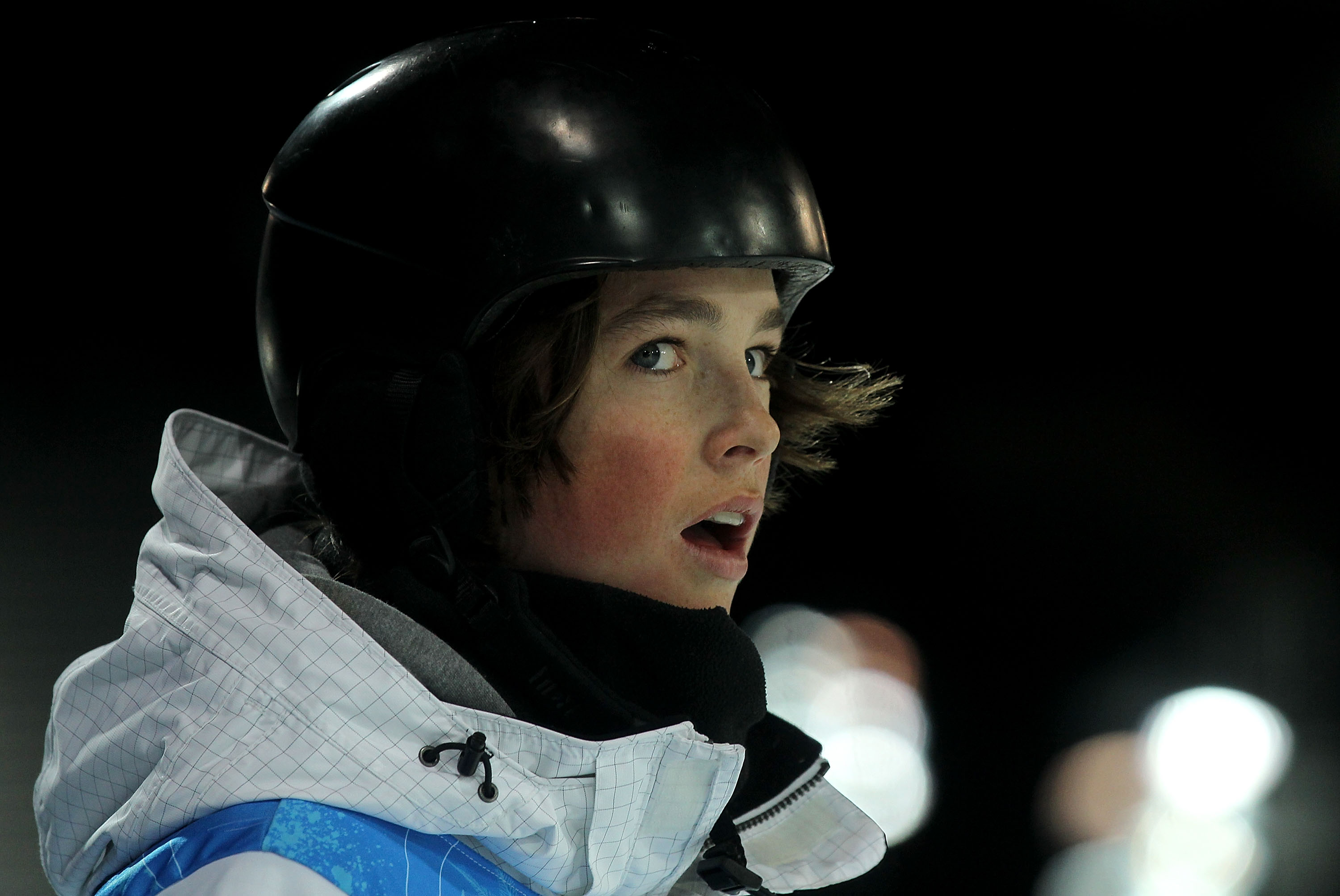Have you ever wondered about the incredible stories behind the Olympic Games, especially those that stretch the limits of age and ability? It's a question that, you know, pops up quite a bit: just who was the absolute youngest person to ever step onto that grand stage? The Olympics, after all, are a place where dreams come true, where athletes push their very limits, and sometimes, those athletes are surprisingly young. This inquiry really gets at the heart of what makes the Games so special, showcasing talent that blooms at an incredibly early age, which is truly something to think about.
For many, the image of an Olympian is someone in their prime, maybe in their twenties or early thirties, honed by years of intense training. Yet, history tells a rather different story, one filled with astonishing instances of youth participating in events that seem to demand immense maturity and physical strength. This curiosity about the youngest participant is, you know, more than just a trivia question; it's a look at the very spirit of competition, the raw talent, and the evolving rules that shape who can compete.
As we look back through the annals of Olympic history, it becomes clear that the criteria for participation, and indeed, the very nature of the Games themselves, have changed quite a bit over time. So, finding the true answer to "who's the youngest Olympian" takes us on a bit of a historical journey, revealing a name that might just surprise you and, in a way, highlight the timeless appeal of these global sporting events.
Table of Contents
- The Youngest Ever Olympian: A Historical Look
- Biography: Dimitrios Loundras, The Boy Olympian
- Personal Details and Bio Data: Dimitrios Loundras
- The 1896 Athens Games: A Different Era
- Other Notably Young Olympians
- Why Age Matters and The Spirit of the Games
- Frequently Asked Questions About Youngest Olympians
- The Legacy of Youthful Olympic Dreams
The Youngest Ever Olympian: A Historical Look
When you ask about the youngest Olympian, the answer takes us right back to the very first modern Olympic Games. It's not a name you hear every day, but it's one that, you know, holds a special place in history. The person often credited with this incredible title is a young gymnast from Greece, someone who participated when the Games were just being reborn in their modern form. This fact really shows how different things were back then, and how, in some respects, the rules were still being written as they went along.
It's important to remember that record-keeping in those early days wasn't quite what it is today. So, while we have strong evidence, there's always a tiny bit of discussion around exact ages, especially for participants from over a century ago. However, the consensus among Olympic historians points to one individual whose age was, you know, truly remarkable for an Olympian. This individual's participation set a precedent, in a way, for the idea that talent can emerge at any point in life, even for something as grand as the Olympics.
This particular Olympian's story is, quite frankly, a testament to the raw passion for sport that existed even in the late 19th century. It reminds us that the desire to compete and to be part of something bigger than oneself isn't limited by how many years you've lived. The sheer fact of their participation at such a tender age makes their story, you know, genuinely captivating, and it helps us appreciate the long, varied history of the Olympic movement.
- Ross Travis Travis Kelce
- Scythe Book Cover
- Teeny Bopper 60s Hairstyle
- Young Sister Sex
- Hamilton Current Cast Broadway
Biography: Dimitrios Loundras, The Boy Olympian
The individual widely recognized as the youngest Olympian in history is Dimitrios Loundras. Born in Athens, Greece, in 1878, his moment in the Olympic spotlight came during the inaugural modern Games in his home city in 1896. He was, to be honest, just a little boy when he made history, participating in the gymnastics events. His involvement highlights a time when formal age restrictions for Olympic competitors were, you know, simply not in place, or at least not as strictly enforced as they are today.
Dimitrios was part of the Ethnikos Gymnastikos Syllogos team, which competed in the parallel bars team event. His team, as a matter of fact, managed to secure a bronze medal. This made him not only the youngest Olympian but also, arguably, the youngest Olympic medalist ever recorded. It's a pretty amazing feat for someone so young, and it really puts into perspective the kind of natural talent and early training some of these athletes had.
After his Olympic appearance, Dimitrios Loundras went on to live a full life, though perhaps not one entirely focused on competitive gymnastics. He later pursued a career in the Hellenic Navy, eventually reaching the rank of Rear Admiral. His story is a powerful reminder that Olympic participation, even at a very young age, can be just one chapter in a person's life, and, you know, a very distinguished one at that.
Personal Details and Bio Data: Dimitrios Loundras
| Full Name | Dimitrios Loundras |
| Nationality | Greek |
| Born | September 6, 1878 |
| Place of Birth | Athens, Greece |
| Olympic Debut Age | 10 years, 218 days (at the 1896 Athens Olympics) |
| Sport | Gymnastics |
| Event | Parallel Bars (Team) |
| Olympic Medal | Bronze (1896 Athens) |
| Later Career | Rear Admiral in the Hellenic Navy |
The 1896 Athens Games: A Different Era
The first modern Olympic Games, held in Athens in 1896, were, you know, quite different from the spectacles we see today. There were fewer sports, fewer nations participating, and the rules regarding athlete eligibility were far less formalized. This lack of strict age limits allowed for the participation of very young athletes like Dimitrios Loundras. It was, in a way, a more open and perhaps experimental time for the newly revived Games.
In those early days, the focus was very much on simply getting the Games off the ground and establishing them as a regular international event. The idea of professional athletes or extensive training programs as we know them today was, quite frankly, not really a thing. Many participants were, you know, amateurs in the truest sense, often students or members of local sports clubs. This context helps us understand how a 10-year-old could compete, and even win a medal, in an Olympic event.
The spirit of the 1896 Games was, in some respects, more about participation and the revival of an ancient tradition than about setting world records or adhering to rigid criteria. This historical backdrop


